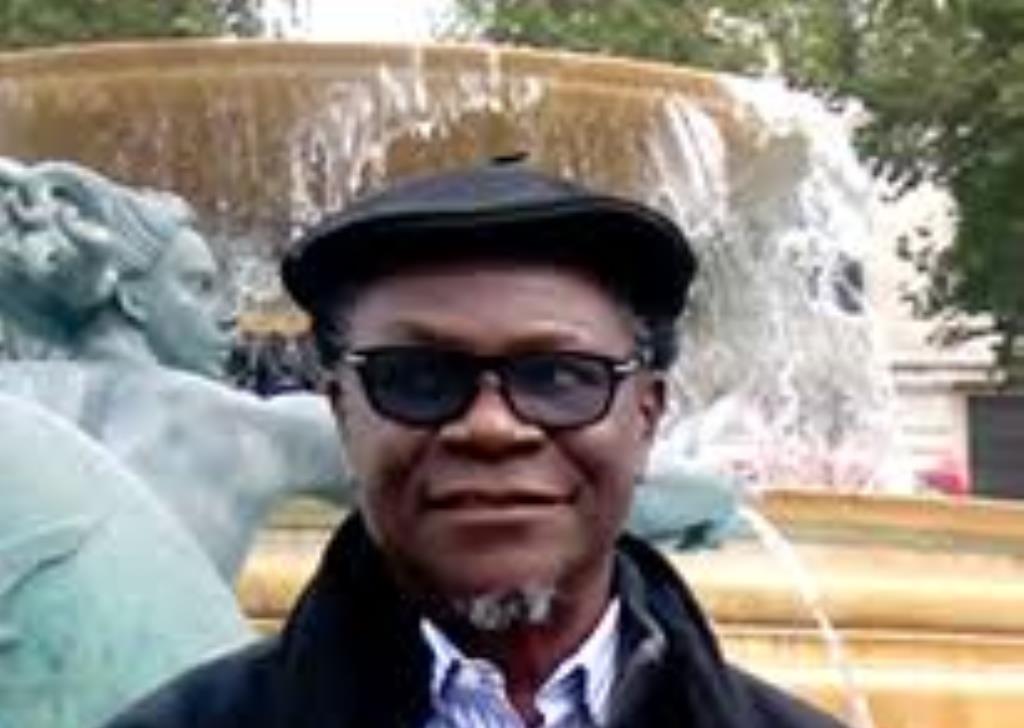Hope for enhanced professionalism and prosperity in the Yoruba film industry arose in Ibadan, Oyo State capital, last Tuesday, when producers, actors, cinema owners, scholars and other stakeholders gathered to rub minds. It was at the ‘TAMPAM Academic Conference’, organised by the Theatre Arts and Motion Pictures Practitioners Association of Nigeria. With the theme, Alternative Distribution: Solution to Poverty in Nollywood, it featured sessions with top scholars, creative entrepreneurs and regulators.
While TAMPAN President, Bolaji Amusan, aka Baba Latin, and his team were able to rally many top shots from the industry, on hand to hit the film-makers with naked truths were acclaimed scholar, dramatist and writer, Professor Bode Sowande; Lecturer at the Department of African Languages and Literature, Olabisi Onabanjo University, Ago-Iwoye, Dr Olufadekemi Adagbada; seasoned judge and film journalist/critic, Dr Shaibu Hussein; and Managing Director, FilmOne Entertainment, Moses Babatope.
The TAMPAN conference, which held at Mauve21 Hotel, Ring Road, lived up to its billing, based on the impression many participants gave. It was the place to learn the tricks of the untapped potentialities of well-guarded intellectual property, and get the secrets of what cinemas really want before they can accept a film for screening. It was also the place to be to thrash the issue of lazy and illiterate subtitling that has, in many cases, been embarrassing not just the filmmakers but also the entire Yoruba race, which, arguably, is supposed to be the headquarters of education and civilisation in the country.

At the event inspiringly moderated by popular actor and lawyer, Tunji Bamisigbin and assisted by Femi Adebayo Salami, were old-wines-are tasty film-makers such as Adebayo Salami, Jide Kosoko, Yinka Quadri, Lanre Hassan, Joke Muyiwa and Ebun Oloyede. The younger generation idols in attendance included Odunlade Adekola, Muyiwa Ademola, Damola Olatunji, Yemi Amodu and Abbey Lanre. It had the blessing of the Executive Director, National Film and Video Censors Board, Alhaji Dayo Thomas, who was in attendance and offered to sponsor the publication of a book the conference will bequeath to the industry.
While Sowande spoke on the need for the artistes to protect their intellectual property, Adagbada sought ways to resolve issues around poor subtitling. For Hussein, it was a platform to dissect what would halt the problem of working like elephants but eating like ants in the Yoruba film industry, highlighting what to be done from conception to the distribution of films. Babatope exposed to the practitioners the reasons some films do well in cinemas while others don’t.
TAMPAN also used the opportunity to showcase 49 of its members who had gone for film studies and cinematography at the Ajayi Crowther University, Oyo.



